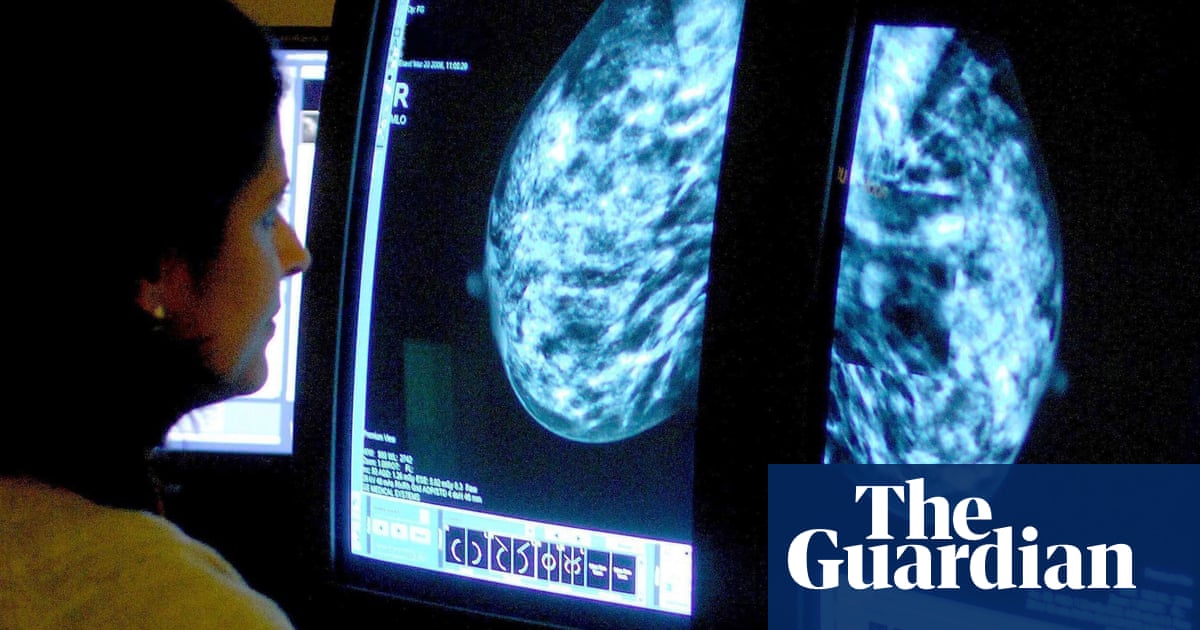
The UK acknowledged on Wednesday that a “serious failure” in its breast cancer screening program led to 450,000 women missing out on invitations to their final tests.
The lapse took place for nearly a decade and may have shortened the lives of up to 270 women.
Women in England between the ages of 50 and 70 are automatically invited for breast cancer screening every three years by the state-run National Health Service.
But between 2009 and the start of 2018, an estimated 450,000 women did not receive their final invitation, which should have been sent between their 68th and 71st birthdays. Of those, around 150,000 have since died.
More than 300,000 of the remaining women, now aged 70 to 79, will be offered catch-up tests by the end of May, with all tests expected to be completed by the end of October.
Health Secretary Jeremy Hunt apologized to parliament for the failure, blaming it on "a computer algorithm failure".
He ordered an independent review to establish the clinical impact, but said that it was "not clear whether any delay in diagnosis resulted in harm or death".
However, he added that "there may be between 135 and 270 women who had their lives shortened as a result".
“Tragically there are likely to be some people in this group who would have been alive today if the failure had not happened.”
Emma Greenwood, Cancer Research UKs director of policy, said: "Its very concerning to learn that so many women have not received an invitation to screening over a prolonged period of time."
Breast cancer is the most common type of cancer in Britain, with more than 55,000 women diagnosed every year and nearly 1,000 dying of the disease every month, according to non-governmental organization Breast Cancer Now.
“It is beyond belief that this major mistake has been sustained for almost a decade and we need to know why this has been allowed to happen,” said Delyth Morgan, chief executive of Breast Cancer Now.
“For those women who will have gone on to develop breast cancers that could have been picked up earlier through screening, this is a devastating error.”
Britain’s state-funded National Health Service (NHS), which provides free healthcare to the entire population, is one of the country’s most popular institutions.
However, it is occasionally hit by failures and scandals which reverberate widely across society as almost everyone receives NHS care throughout their lives.
In the previous worst NHS patient care scandal, concerning poor practices at a small hospital in the English county of Staffordshire, an estimated 400 to 1,200 patients died between 2005 and 2009 as a result of inadequate care.












